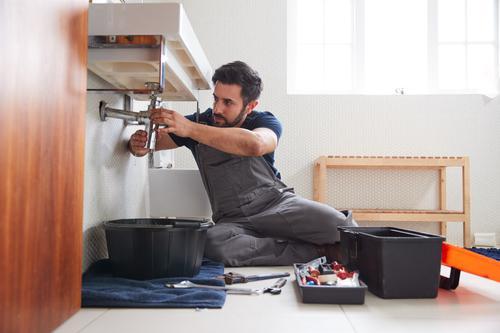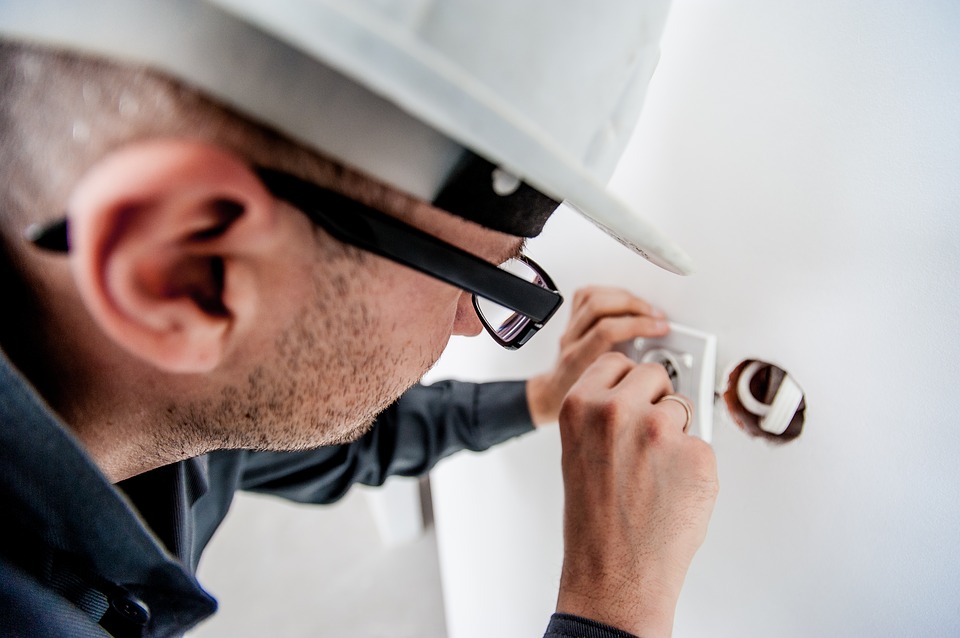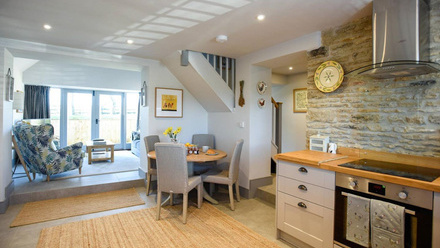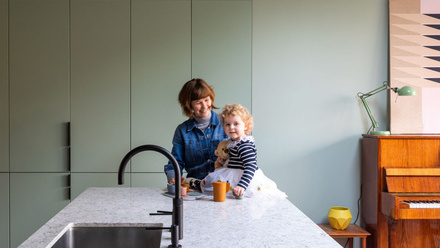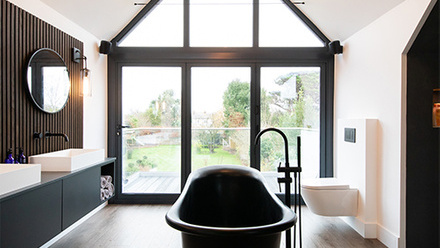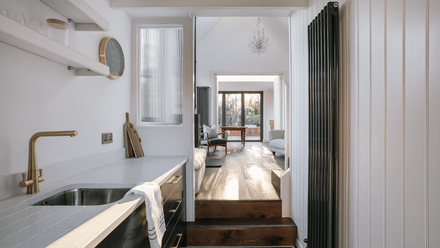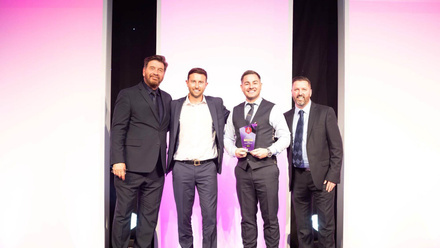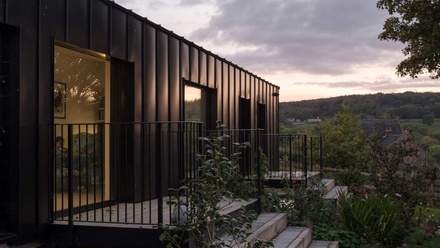Anyone having new gas appliances fitted in the home must ensure work is carried out properly in order to ensure the safety of the household — as well as compliance with the building regulations.
You should begin by getting in touch with a Gas Safe Registered installer. Be sure to get quotes in from more than just one — three is ideal.
You will need to give them full details of the jobs you require carrying out, including make and model details of any appliances (gas fires, boilers, cookers etc.) that they will be fitting or moving.
Ideally you want to find a gas engineer or plumber who has experience of the kind of work you are asking them to do — and don’t forget to ask for references from previous clients. Public liability insurance is also a must.
Before work begins, confirm the following:
- What exactly does the price you have agreed to pay include? For example, can they dispose of old, defunct appliances?
- When can they start and how long will work take?
- Details of subcontractors that might be working on the job and proof that they are qualified to take on the work — (a Gas Safe registration number or membership of the NICEIC, for example.)
- What after-sales services and warranties can they offer?
On completion of gas work you should be given certain completed documents — such as a gas safety certificate, or Benchmark certificate in the case of new boilers.
Your engineer should also notify the work to the Local Authority on your behalf. If you have used a Gas Safe Engineer, they can notify through the Gas Safe Register. Once they have done this, the Gas Safe Register will inform the local authority and you should receive your Building Regulations Compliance Certificate within 10-15 days.
You should also remember that all gas appliances in the home should be serviced annually by a Gas Safe engineer.


